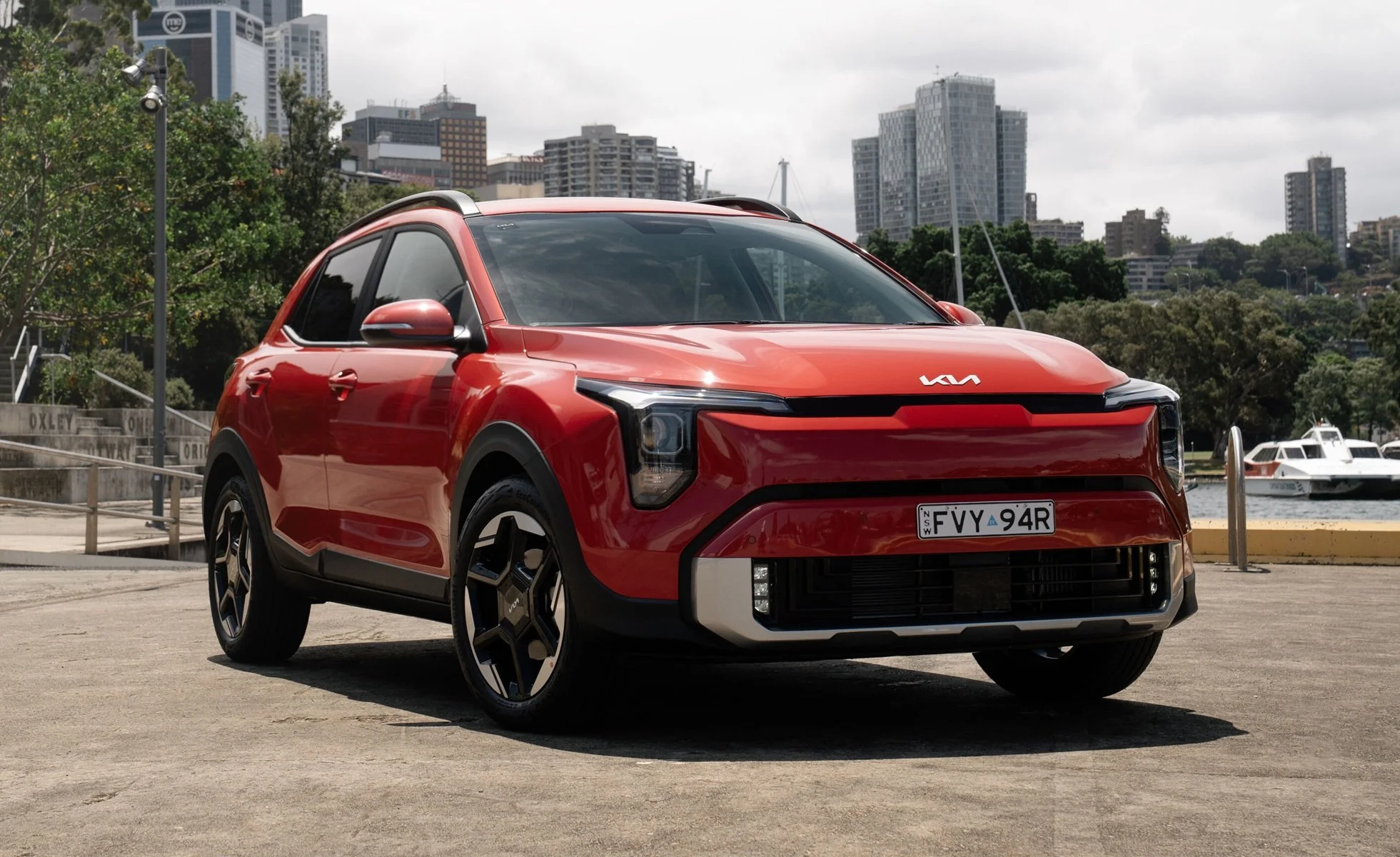Weight distribution and load-levelling hitches
Weight distribution hitches are not magic. You can’t defy the laws of physics, so they’re really just a Band-Aid - and if you’re not extremely careful they’ll damage your vehicle
Getting hitched
It’s a curious facet of the modern world - the imbecile commonly feels evermore empowered to inflict his/her so-called ‘knowledge’ upon others.
I blame the power of the keyboard and the raw distributive capacity of the Internets.
In this session you failed to mention ride levelling and sway control.
This is some thing I notice is sadly missing from a lot of caravans and other heavy items being towed.
Ride levelling does shift tow ball load onto the front axle of the car and place extra loading on the trailer/van axle combination.
Any person considering towing a caravan ride levelling should mandatory. inclusion.
-Graham
Tread lightly
So I pointed out to Mr S that I thought he was being rude and hyper-critical, and that the report he was criticising was actually about choosing the right vehicle for particular towing assignments, and therefore load levelling was outside its remit.
And also, that’s not what a load-levelling hitch actually does.
Joyously enough, he got back to me with even more … ‘information’.
“You have missed the point that ride leveling reduces the down load on the tow ball. This can assist a European vehicle with the lower permissible loading with out going to the expense of additional spring packs.”
- Graham
It routinely amazes me how ignorant people are about basic physics. Here’s your basic uninformed dick, right? He feels empowered to tell me how this works. And that’s fine - if he’s right.
In this situation (uninformed dick versus engineering degree) I decided that the gloves should probably come off for the rest of the exchange. And let me say up front that I am not above being corrected by anyone, but (pro tip) if you are going to voice a contrary opinion,
A) try to be correct, and
B) use diplomacy just in case you are wrong.
It deeply offends me that this arsehole might be inflicting his breathtaking bullshit on people who cannot see through it.
So here’s the headline:
Load levelling hitches do not decrease towball download.
They actually increase it slightly (but only by the weight of the load-levelling hitch).
All they do is stop the arse of the vehicle dragging in the dirt when a heavy trailer is attached. They also stop the headlights pointing up at the sky - flipsides of the same coin. They do this by applying a torque to the vehicle, using torsion bar springs cranked up with screw threads.
Don’t get me wrong: Load levelling hitches can boost stability generally when towing heavy loads. They can increase steering effectiveness and stop the vehicle squirming and being otherwise dynamically unstable under brakes. But they are called load-levelling hitches and not ‘towball lightening up’ hitches for a reason.
They are not a ‘get out of jail free’ card to exceed the vehicle’s towball download limit, specified by the manufacturer, and they cannot reduce the towball download imposed by a trailer. They’re potentially dangerous, too.
Those torsion bar springs have a great deal of energy stored in them - so I wouldn’t be getting any part of me in the way of them suddenly unloading should they slip off the chains. Imagine that hitting you in the steel capped-safety thong… It’ll be memorable.
You also need to appreciate that the terrain underfoot can militate against them - in the worst possible way. You need to avoid situations where the vehicle adopts a ‘nose-up’ attitude relative to the trailer, thanks to the road below.
In particular, a spoon drain or a wash-away across the road is a potential disaster. Once you’ve got the front axle of the vehicle past a transverse defect like that, the rear axle goes in … the front axle is up high, the trailer axles are up high … the vehicle’s rear axle is low. That’s bad. This kind of event has the potential to place extreme loads on the springs in the hitch. And that’s a recipe for breaking something.
So you might really want to remember to de-couple the load leveller (in other words, de-tension the springs) before negotiating obstacles like that. Otherwise, you risk breaking something expensive on the tow hitch or even on the vehicle. Which is why many manufacturers advise against using load-levelling hitches.
The other thing you really need to get right here is choosing the right load levelling hitch for the load you’re actually towing - a mis-match there is a disaster looking for a place to happen. THey are not a one-size-fits-all device.
Me, I’d be asking myself if it’s really a good idea putting a Band-Aid on a much bigger problem. Is it really a good idea pursuing the fool’s errand of towing something that’s clearly a struggle for the vehicle? That’s not fun.
Perhaps you should consider acquiring a smaller van or boat, or a bigger vehicle.
Stop giving bullshit advice
Please stop giving people this bad advice because if they follow it their vehicles can easily be overloaded and thus be towing illegally. That’s bad.
It could break the vehicle or tow hitch, it could get you defected at the roadside if weighed by the police, you might even crash - that’s not fun.
Do not take any advice from uninformed, scientifically illiterate dickheads.
How nice life would be if our politicians took this advice.




















Just because a ute is cheap, that doesn’t mean it’s worth the money. Is the GWM Cannon more than just a cut-price Ranger wannabe? Can it offer towing, off-roading capability and robust design to compete with the big brand dual-cab utes like Hilux and Triton?